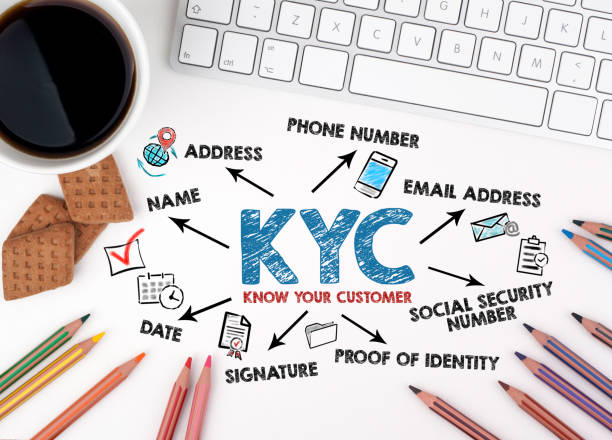Due diligence, as the word speaks, is the regular process that performs in the financial sector. It involves standard guidelines that instruct a bank to run certain checks on entities that do transactions with the bank. Because of digitization, processes have turned to be more sophisticated and highly advanced which has reduced the amount of effort and time exerted on the manual financial processes. Due diligence is also specific to the type of client under consideration. It performs on three different levels taking the degree of risk into consideration.
Types of KYC Due Diligence Processes
There are three types of diligence procedures that are adopted by the bank according to the category of customer it is dealing with. This segregation helps the bank in better filtering of customers on daily basis ensuring a smooth process
Simple Due Diligence
This type of customer due diligence is the most basic stage of verification performs at financial institutions. In this scenario, a customer requires to verify his identity. This type of due diligence performs with customers who do minor transactions having nearly no risk attached to them.
Standard Due Diligence
Client due diligence involving a standard procedure requires an entity to verify its identity with the help of certain documents that could act as proof of authentication. Furthermore, the business entity requires to submit evidence about the nature of the business and the type of transaction that is intended to be carried out. Also, further information can be demanded if needed. Here, the bank considers those entities that are like to have moderate risks attach.
Enhanced Due Diligence
This is the most crucial form of due diligence performs by banks. Most business entities would wish not to be considered for this procedure. This is because enhanced due diligence carries out only on those customers who are subjected to a high risk of money laundering and other suspicious crimes. At this stage of the KYC process, the bank not only asks for the business documents like memorandum and articles of association. But also, asks for the sources of income, and the reasons for transactions. Even the amounts are verified in detail if it is a big transaction.
Strategies implemented in EDD
Identifying Customer’s Risk Profile
In EDD banking, it is mandatory to assess the level of risk attached to an entity because it not only saves the bank from falling victim to scammers and fraudulent people but also, it allows to analyze if a business entity is involved in money laundering. EDD helps a bank prevent financial crimes.
Collecting Insights from Media
The bank should collect relevant insights about a business entity by extracting information from press releases and credible articles. This practice will help the bank assess the risk and decide whether to do business with an entity or not.
Continuous Check on Business Activities
The bank has permission to keep checking the activities of a business entity continuously. This is done to ensure the transparency of operations perform by the business. These continuous checks are done at irregular time intervals without informing the client. Because only then the bank can ascertain the true authentic status of a business so that nothing gets covered when informed in advance.
Benefits of EDD in KYC Compliance
Improved Security
Enhanced due diligence improves the security of banks. It facilitates an increasing customer base as the prospective customers would show a high sense of trust towards a financial institution that ensures maximum security through continuous background checks and by obtaining detailed information about an entity subjected to high risk.
Brand Loyalty
Enhanced due diligence strengthens public confidence that is shown in a bank. Customers start to rely on banks more than before when they find a bank to be ethically compliant with KYC regulations. This instills a sense of brand loyalty among the customers because they find its services credible and transparent.
Final Thoughts
It concludes that customer due diligence is a mechanism that is adopted by banks to ensure the credibility of their services and strengthen the organization’s security in the context of operational performance. Enhanced due diligence allows the banks to analyze and identify suspicious entities that might cause harm in the future. Most importantly, EDD has become an inevitable procedure in banking due to increased risks of fraud, and money laundering which not only compromises the bank’s reputation but also devalues a country’s economy and global image.



































































